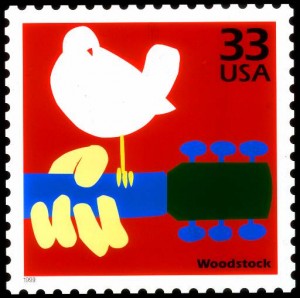Library News
On this evening’s Google Books Settlement Discussion at the Boston Public Library
“The future is here, but it doesn’t come to everyone at the same rate.”– Hal Abelson, MIT
In a nutshell: there seemed to be three major issues of concern (or queasiness as they echoed to each other) that the panelists (and the moderator) had, sans the Face of Google guy, Daniel Clancy. Monopolization of the books market, access to library users and concerns of cost to libraries, commercialization of orphan works and the transformation of written culture. Regarding the monopolization issue, John Palfrey of Harvard Law School, said “game over” if the settlement is ruled favorably. He claimed that no one else will have the incentive to compete against Google in the digital books market. Palfrey is also concerned regarding orphan works (works whose copyright owner cannot be found after an effort) and what will happen to orphan works legislation as a result of the Google Books settlement decision. Palfrey and Anne Wolpert of MIT, also expressed ‘queasiness’ over the commercialization of orphan works. Wolpert talked about the pricing model of Google Books. She explained that individuals could subscribe, that libraries could have one dedicated terminal with access to the Google Books project, or libraries could subscribe to the entire corpus. She took issue with the undefined pricing, which Dan Clancy said would adjust to the market. Wolpert’s key point was that libraries have been burned in the past by publishers who had a monopoly on literature in specific fields. She also made the point that libraries have paid some of the costs in the development of the corpus that is Google Books, as well as taxpayers supporting public libraries.
Personally, I agree with the points made. Regarding orphan works, it is my understanding that identifying, digitizing and making acccessible more orphan works is to the greater good of society (and will ultimately help to identify previously unknown copyright holders). However, the difference between a project like the Open Library Project through the Open Content Alliance and Google Books is that the latter seeks a profit. My lingering question is to those libraries that signed up with Google Book Project. Did they think about the greater long term ramifications to society of one business potentially controlling 40 million volumes of our nation’s great libraries, before making a deal with a company whose philosophy Hal Abelson claims, is “Manifest Destiny”?
Google Book settlement forum, July 21, 2009 at the Boston Public Library
|
A panel about what the Google Books settlement agreement means for the academic, library, and business communities. Speakers:
Google Book Search is an ambitious project to digitize the world’s books. Six years, many million works, and two U.S. lawsuits later, the project is now set to change dramatically. Google has reached a settlement agreement with authors and publishers that, if approved by the court, will have sweeping implications for writers, readers, scholars, librarians, and the public at large. The panel of speakers will explain and discuss the settlement. The panel will be followed by a question-and-answer session. |
Associated Press (AP) Images is a great source of photos
